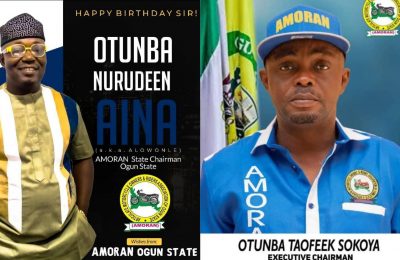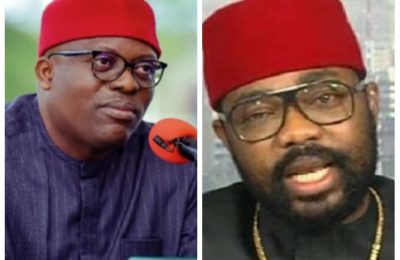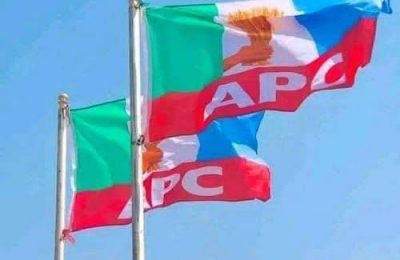

Lagos State Governor, Mr. Babajide Sanwo-Olu, has stated that the current tax revenue accruing to the state falls far short of the actual projection, emphasizing that the state has not fully optimized its tax potential.
Sanwo-Olu made this statement on Monday when he received members of the Presidential Committee on Fiscal Policy and Tax Reforms at the State House, Marina.

The committee, led by its chairman, Mr. Taiwo Oyedele, visited Lagos as part of the extended consultations with sub-national stakeholders to develop a viable tax administration framework for the country.
Governor Sanwo-Olu mentioned that Lagos had the capacity to expand its tax base and enhance efficiency in collection mechanisms. However, he sadly noted that the state’s efforts had been hindered by bottlenecks imposed by the fiscal and tax administration framework exclusively vested in the Federal Government.
He emphasized that Lagos is burdened with governance responsibilities that do not match its revenue earnings. The governor stated that the state would require a yearly budget of over N7 trillion to adequately cope with the pressure on its infrastructure. He noted that the highest budget the state had achieved was slightly above N2 trillion due to constraints in national tax policies.
“In Lagos, we know we have the capacity to do a lot in terms of revenue generation, particularly in the effective utilization of taxes. In our preparatory bilateral meetings for next year’s budget, we projected numbers up to N7 trillion based on our needs. However, we are constrained by the amount of revenue we can generate, pegging it at N2.2 trillion.
“This underscores the significant gap in our capacity to develop the economy swiftly. We can no longer afford to merely complain. This engagement with your committee is crucial as you visit states to identify the bottlenecks,” he explained.
Governor Sanwo-Olu further noted that the committee’s objective was not to produce abstract and non-implementable documents but to practically identify tax issues facing sub-national governments and eliminate bottlenecks.
He urged the committee to propose interventions that would help the state achieve its full potential in revenue generation and fiscal sustainability.
“We must work collaboratively on this objective. If all constraints are addressed, we should see monumental changes in our revenue projections. The potential is there, and the numbers indicate the results we can achieve if fully explored. We expect every member of this committee to contribute their skills and resources to this task. As a state, we are ready to provide all the support required, including opening our books and sharing data to identify areas for improvement in revenue performance,” he added.
Oyedele stated that Lagos was the first port of call for the committee during its nationwide consultation, recognizing the state’s achievements in tax reform as a model adopted by other states.
The committee chairman, a tax specialist, emphasized the need for the country to address its revenue problems, calling for a robust tax system and quality spending.
“We can no longer celebrate incremental progress in revenue generation without a transformational shift in the quality of spending. Our spending relative to GDP is the lowest in the world, and we need to address this while maintaining a focus on the quality of spending,” he said








